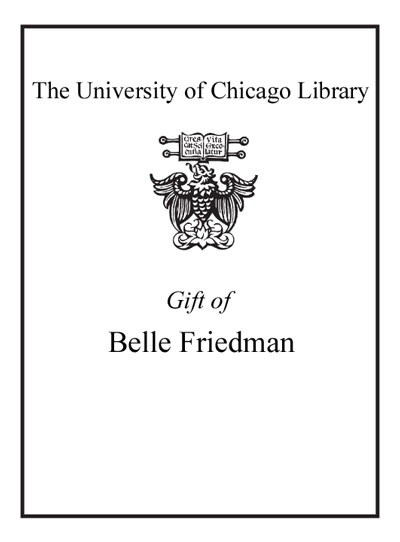Review by Publisher's Weekly Review
In this nervy, self-conscious debut novel, British writer Thirlwell airs the unspoken anxieties and confusions of two lovers, crafting a talky deconstruction of a relationship. Moshe is a character actor, "the sketchy one, the sardonic one, the oddball cool"; Nana is an architecture student, "tall, thin, pale, blonde, breasty." It is the off-stage narrator, however, who is the book's most notable presence, with his countless digressions, "simple" theories, lengthy explanations and bossy directives. Despite his repeated assertions that the book is not about sex ("sex isn't everything"; "sometimes I think that this book is an attack on sex"), Moshe and Nana are constantly experimenting ("oral sex, use of alternative personae, lesbianism, undinism"), though their experiments usually end in failure. This is true of their biggest experiment, a three-way affair involving Anjali, an Anglo-Indian actor friend of Moshe's. Reading Thirlwell's novel is similar to watching a film with the director in the room, guiding the viewer through every scene. While many of the resulting narrative flourishes are clever or endearing, their humor and intellectual cachet wear thin as the ratio of window dressing to substance tips heavily in favor of the former. Still, Thirlwell's brave attempt to debunk the primacy of sex (while elaborately describing his characters' hapless pursuit of it) is surprisingly convincing. (Oct. 1) Forecast: Thirlwell was chosen this year as one of Granta's best British novelists under 40 (born in 1978, he is the youngest yet). His deadpan blend of irony and earnestness should particularly appeal to readers of Dave Eggers and George Saunders. (c) Copyright PWxyz, LLC. All rights reserved
(c) Copyright PWxyz, LLC. All rights reserved
Review by Library Journal Review
That's sexual politics. One of Granta's 20 Best Novelists Under 40, Thirlwell introduces a m?nage ? trois involving a father and daughter, with references to everything from Kundera and Mandelstam to fluffy pink handcuffs. (c) Copyright 2010. Library Journals LLC, a wholly owned subsidiary of Media Source, Inc. No redistribution permitted.
(c) Copyright Library Journals LLC, a wholly owned subsidiary of Media Source, Inc. No redistribution permitted.
Review by Kirkus Book Review
A mÉnage à trois in contemporary London. The youngest author ever to be named one of Granta's Best Young British Writers (the "20 Under 40" list), Thirwell (a Fellow of All Souls College, Oxford) is an aspiring master of the vapid postmodern nihilism that is still the reigning literary fashion among academics on both sides of the Atlantic. He introduces us to three young Londoners who come together in an elliptical and polymorphic boy-meets-girl tale that bears more in common with Milan Kundera than Henry Miller, although it is a good deal more pretentious than both combined. Moshe, a young Jewish actor, meets Nana, a spoiled young suburbanite, at a performance of Oscar Wilde's Vera; Moshe had a role in the play, while Nana was brought along by her father (who's on the board of the theater). Nana also meets Anjali, an Indian actress and friend of Moshe's, on the same evening. The rest is simple. Our omniscient narrator guides us through the development of the relations between the three friends ("The next event in the story is a blow job"), which are volatile, predictable, and nicely summed up in the chapter headings ("Romance," "Intrigue," "They fall in love," "They fall out of love," etc.), yet his abiding passions seem better expressed in a Tristram Shandy-ish series of digressions on subjects ranging from Bauhaus design to Mikhail Bulgakov and the sex lives of Adolph Hitler and Chairman Mao. These ramblings, it must be said, are more interesting than the depictions of Anjali fisting Nana or Moshe's fantasies of shooting heroin with the Queen Mother, though they seem to have no point than as diversions from the story itself--which has very little point of its own. Undergraduate ravings of this sort should be inflicted only on hapless editors or professors of creative writing. Copyright ©Kirkus Reviews, used with permission.
Copyright (c) Kirkus Reviews, used with permission.
Review by Publisher's Weekly Review
Review by Library Journal Review
Review by Kirkus Book Review

